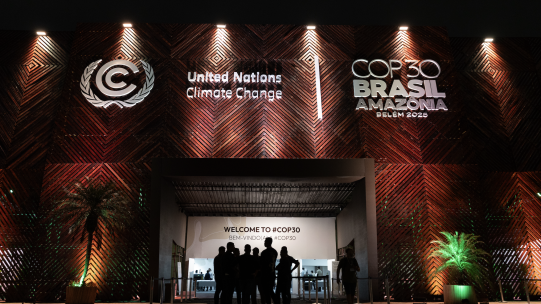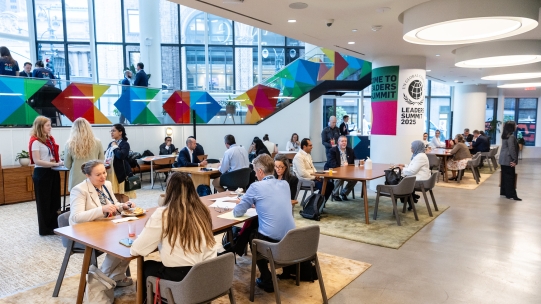Philippines’ Bayo Manila weaves together fashion, tradition and sustainability
Read more
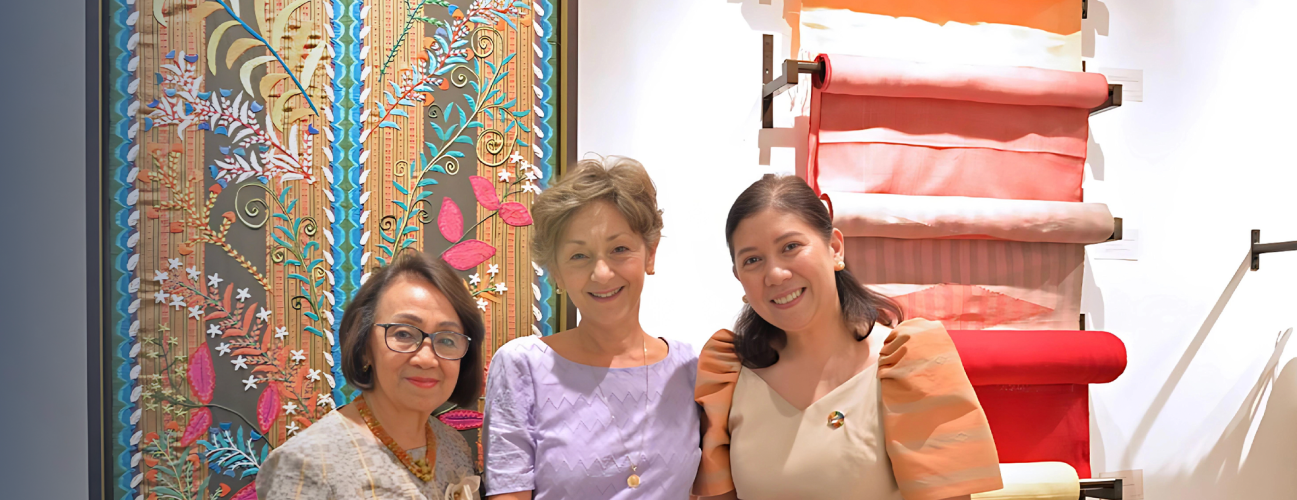
At Bayo Manila Inc., sustainability is literally woven into the work it does as a fashion retail brand based in the Philippines.
Founded in 1992, Bayo Manila makes fashion products catering to women, with a target market between ages 25 and 35. Its smart casual apparel integrates handwoven materials using locally grown fibers and salvaged textile offcuts as part of its transformation towards sustainability.
Harnessing circular economy practices, it hires Filipino women artisans, procures raw materials such as silk and cotton from Filipino farmers and tries to preserve cultural traditions by women handweavers.
The company collaborates with local weavers and artisans, reviving and supporting traditional techniques and indigenous craftsmanship while promoting sustainable practices. Local indigenous weaving is intricate and colorful, typically using cotton, abaca or piña in geometric patterns and symbolic motifs such as stylized animals and plants.
Bayo Manila has established sustainable livelihood programs called Harvest Community Hubs, working with women weavers in local communities by giving them resources and training to produce textiles and achieve financial independence. The company trains them from basic to advanced loom weaving. Some of the women were backstrap weavers before they joined, and they have been trained to use the foot loom equipment by Bayo Manila.
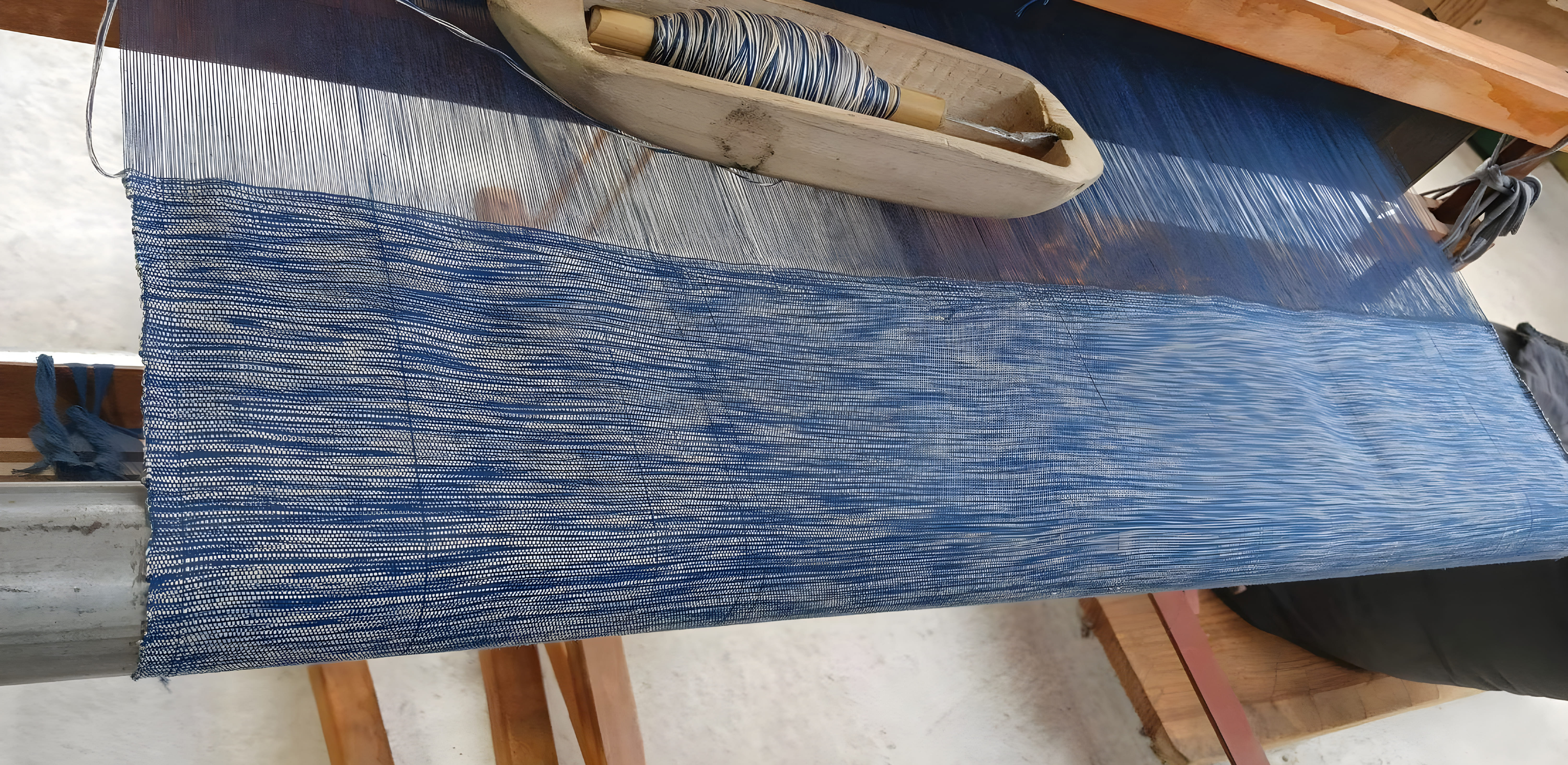
HARVEST creative community hub in Baguio City; Handwoven textile by one of the newly trained weavers engaged in the sustainable livelihood program. Photo taken on June 29, 2024, a few months after their Basic Handloom Weaving.
“We are purposely inviting mostly women in these communities because we have seen that when we empower women, it leads to direct benefits for their families, creating a ripple effect of positive change,” said Anna Lagon, Bayo Manila CEO.
“Our women participants have become financially independent, … gaining the confidence and skills needed to manage their finances and contribute economically to their households,” she said. “This financial independence has translated into improved living standards, better education for their children, and enhanced overall well-being for their families. By having a stable source of income, these women can invest in their children's futures, providing them with better opportunities and hopefully it would break the cycle of poverty.”
One of those women is Elizabeth Torres, 36, who struggled to make ends meet cooking and selling noodles before she became a weaver for Bayo Manila.
The weaving work means she can buy what she needs for her family. “I can help my husband at least in some way,” she said. “We no longer have difficulty finding money.
“My dream is that I have savings for my family and child,” she said.
Another Bayo Manila weaver, Myra Gabriel, 48, said she is relieved she no longer must rely on support from her husband, who works as a plumber, or from her children.
Not only has she found financial independence but she has set her sights on improving her mother’s home as well.
"In the future. I want to help other people learn to weave," she said.
In its hubs, Bayo Manila provides equipment and materials and promises to purchase all the work produced. At its hub in Angat, Bulacan, a collaboration with Ambension Silk Enterprise, most of the women previously were unemployed or did not have regular incomes. Bayo Manila has provided looms, yarn and efficiency improvements, resulting in a 200 per cent increase in their weekly production and enhancing their take-home pay.
To showcase the products of these communities, it converted its premier store at Greenbelt 5, a high-end mall in Manila, into a platform for woven fabrics.
It also aims to educate consumers about the importance of sustainable fashion, with educational programs, workshops, social media campaigns and collaborations with influencers to raise awareness about the environmental and social impacts of purchasing decisions.
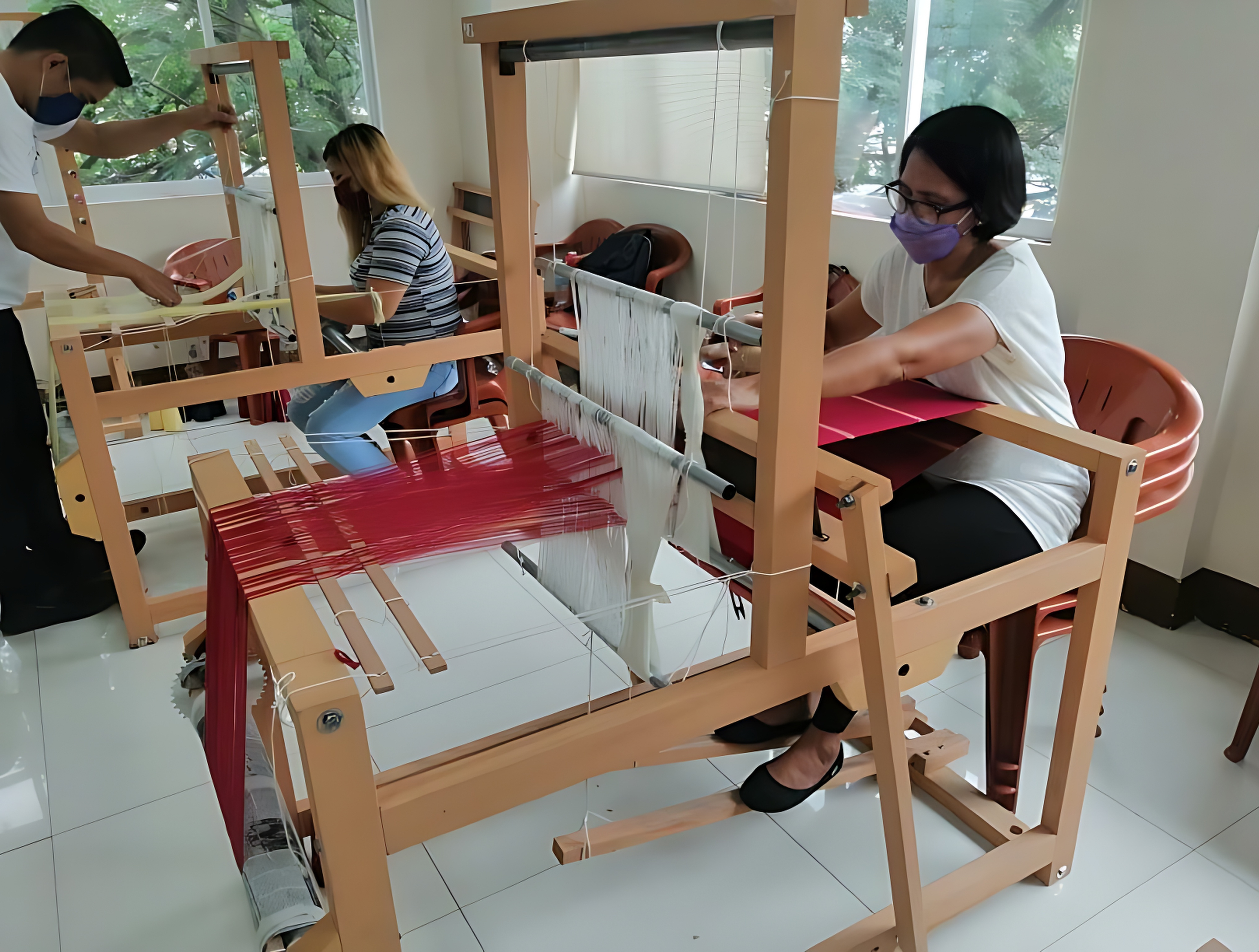
HARVEST creative community hub in Pasig City; Weavers engaged in the "Weaving in the City", sustainable livelihood program by Bayo: Standing-Randy Pontod, Dianne Amate-stripes shirt, Myra Gabriel- white shirt. This photo was taken during the early phase of the program, right after their training on Basic Handloom Weaving in October 2021.
“We aim to make sustainable fashion a mainstream choice. We believe that by increasing consumer awareness, we can drive demand for sustainable products and encourage other brands to adopt similar practices,” Lagon said.
The company said that since becoming a participant member of the United Nations Global Compact in October 2020, its commitment towards attaining sustainability goals has become the core of its business model. It recently participated in an SDG Accelerator Program.
Looking at the environmental footprint associated with textile production, manufacturing and distribution, “we are dedicated to minimizing our impact on the environment by sourcing sustainable materials, reducing waste, and embracing eco-friendly practices” Lagon said.
The company acknowledges obstacles persist - educating consumers and fostering investment in sustainable alternatives is an ongoing challenge and financial constraints limit its ability to reach a broader scale of sustainability.
“It is our aim to expand our influence by incorporating more sustainable practices and strengthening partnerships with like-minded companies,” Lagon said. “By prioritizing environmental stewardship and community empowerment, we demonstrate that fashion can be both beautiful and ethical.”
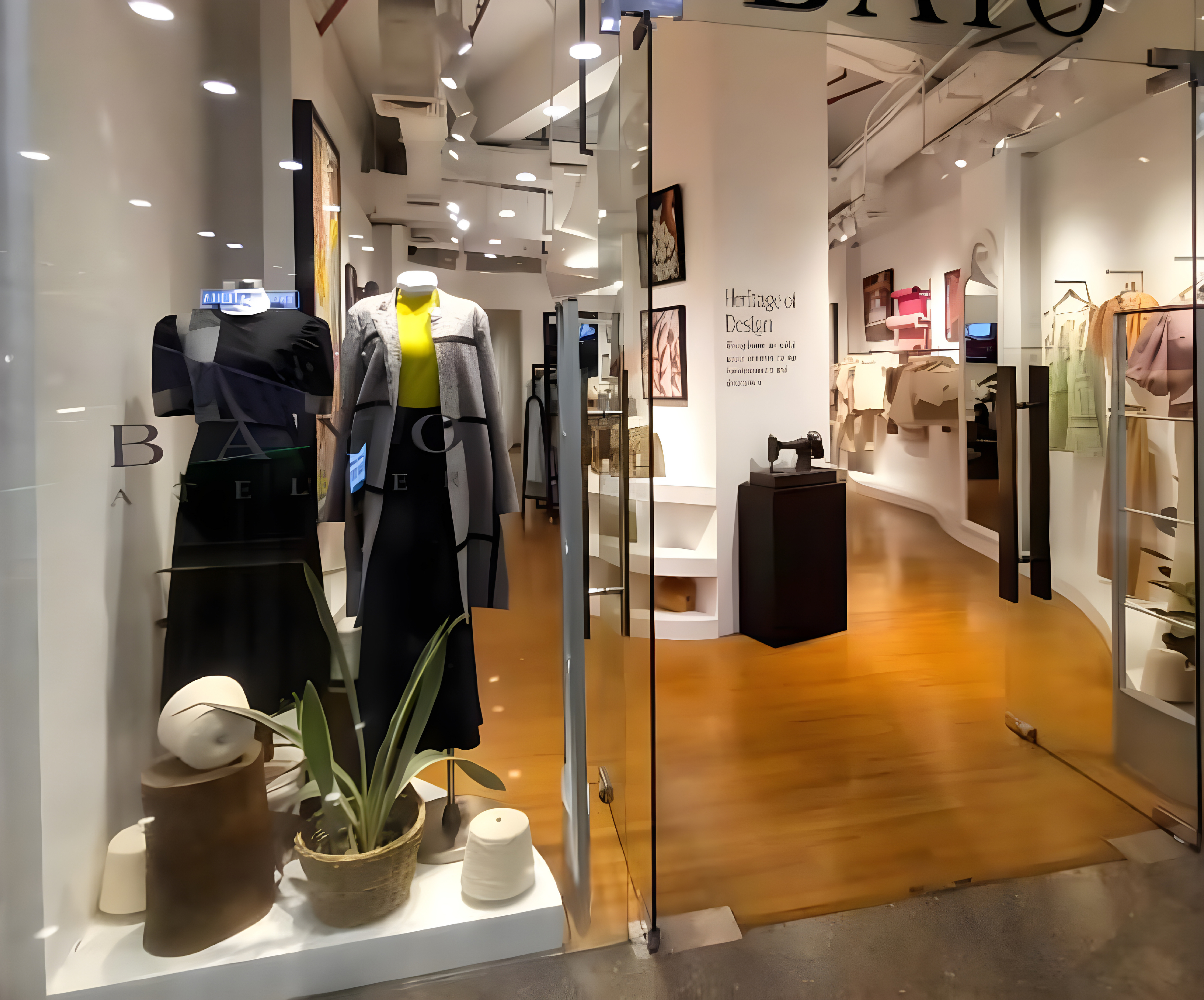
The influence of efforts at Bayo Manila is sparking a wider ecosystem change within the fashion industry and beyond, she said, as brands in the Philippines are recognizing the importance of sustainable and ethical practices.
The company is leading collaborative industry efforts through the Philippine Retailers Association, she said. Also, she said the Philippine Congress has started considering laws that may impose more stringent policies to support sustainable practices
“We are hoping that incentives for companies will be included to prioritize sustainability and stricter regulations against unethical practices,” she said.
“The UN Global Compact, through its local entity, supported our company's transformation,” Lagon said. “The road becomes easier when there is a framework that helps keep the progress going.
“The signing of commitment for the UN Global Compact membership back in 2020 has truly made a huge impact not just for the company … but now as an advocate in the wider spectrum of sustainability.”
